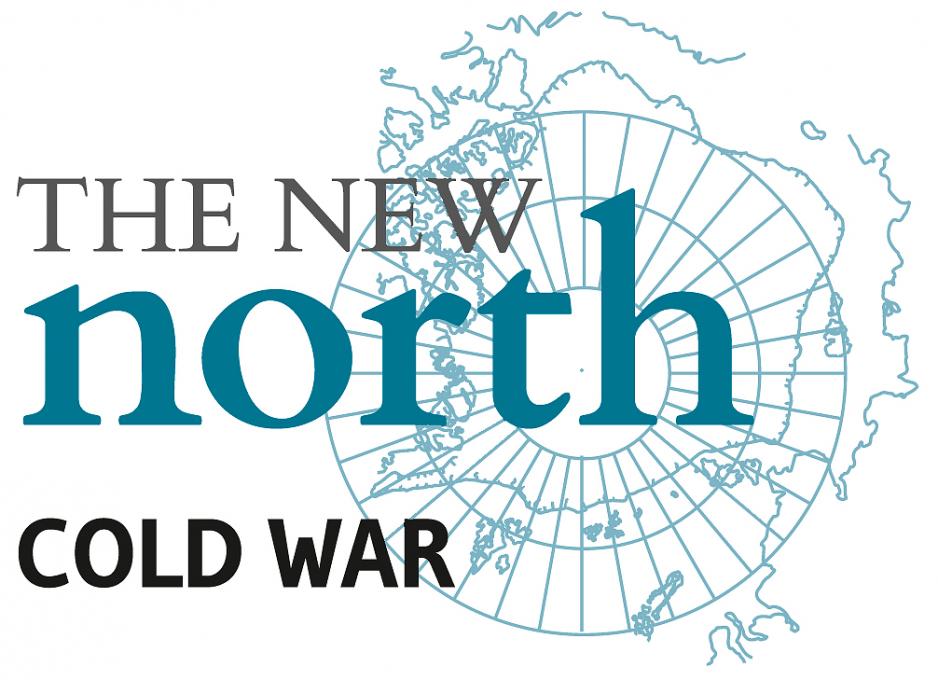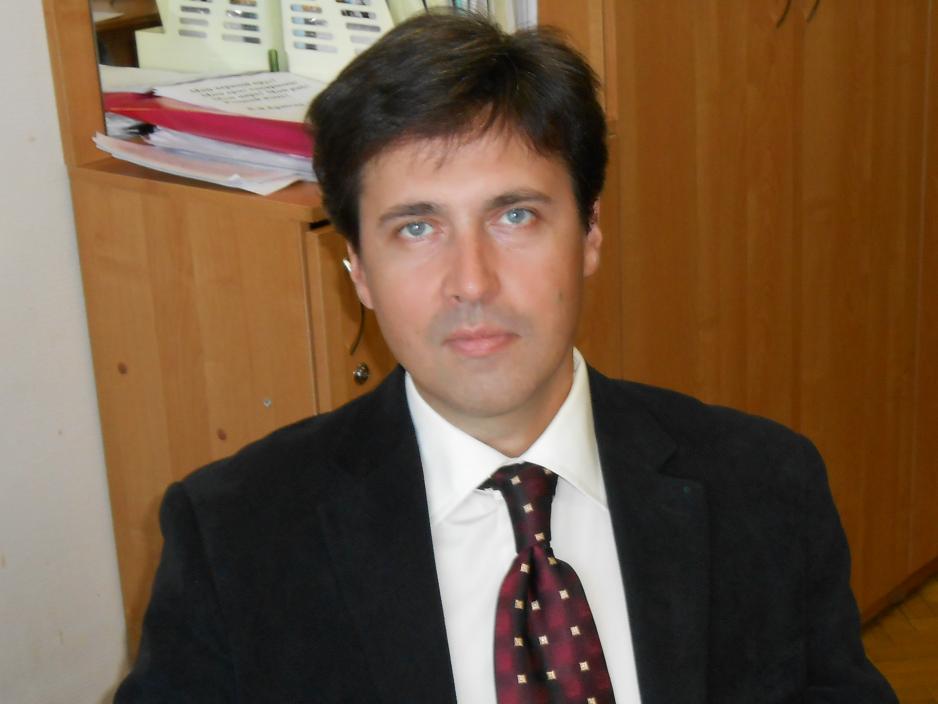Russia: Lack of information is greatest threat

- I think we never came out of the shadows of the Cold War. In a way, the atmosphere of distrust has defined relations between Russia and the West over the past 25 years, following the collapse of the USSR, says Oleg Aleksandrov, Associate Professor at MGIMO University.
Have we already slid into a new Cold War, or are we heading towards it? High North News has asked experts from nine different countries, encompassing the entire circumpolar region. The question polarized respondents.
Click here to read the articles we have published so far.
- You know that the Cold War was a complex phenomenon encompassing political, military, informational, ideological and other dimensions. Currently, the field of information poses the greatest threat, as it allows the creation of the idea of an enemy. The only way to avoid this is to maintain close and extensive contacts at the grassroots level, Oleg Aleksandrov says to High North News.
MGIMO University is possibly one of Russia’s most prestigious educational institutions, for young people with international interests. The university, based in Moscow, has a diverse student body of approximately 6.000 students. They are drawn from the top ranks of Russian students and from partner universities around the world.
Fears are melting away
High North News has also talked to his Russian colleague, Alexsander Sergunin. He is a Professor at the School of International Relations, at St. Petersburg State University.
- No, there is no return to Cold War-type hostilities, he says.
- The Ukrainian crisis did not spill over to the Arctic to the full extent. Cooperation in the military and energy sectors is frozen, but Arctic cooperation in other areas continues. The Arctic Council’s activities are surprisingly expanding under the U.S. presidency (2015-17, editorial note), and it is expected that they will expand further under the Finnish chairmanship.
Sergunin is the author of numerous publications on regionalism, foreign and security policy and EU-Russia relations.
“Cold War fears melt away at Canadian Arctic Council meeting”, he wrote in this analysis, following last year’s meeting in Canada. The professor has also written publications about Russian military activities in the Arctic, and dangerous myths about Russia’s plans in the Arctic region.
- Russia does not want the Ukrainian crisis to affect relations in the Arctic either, he stated at High North Dialogue in Bodø last year.
Oleg Aleksandrov holds a Doctorate in Polititcal Science, and earlier he has been an Associate professor with the Department for International Relations and Foreign Policy of Russia at the Moscow State Institute of International Relations.
Professor Alexsander Sergunin received a Ph.D. in History from Moscow State University in 1985.
Don´t miss the upcoming articles in our New North series – sign up for our newsletter:



